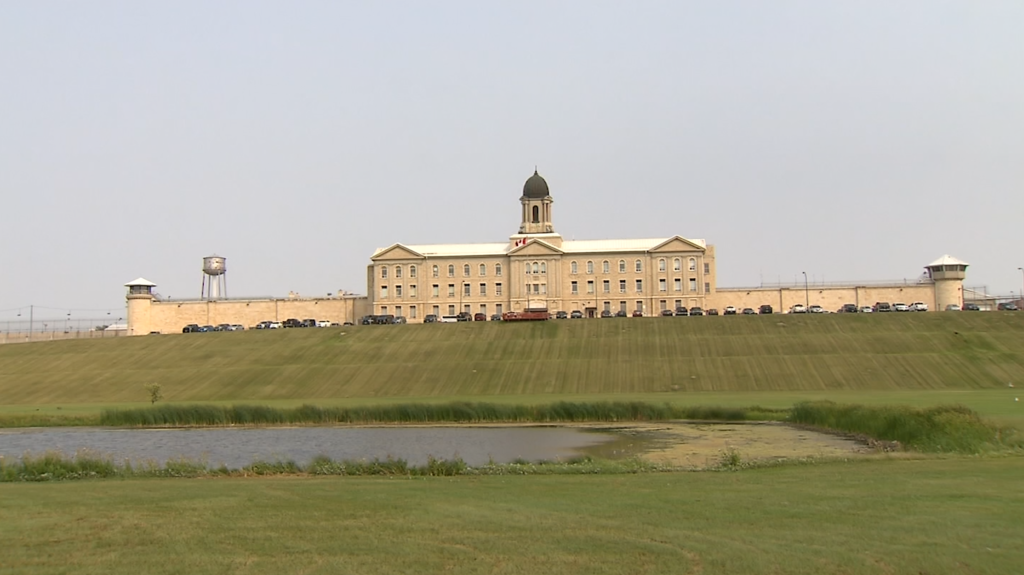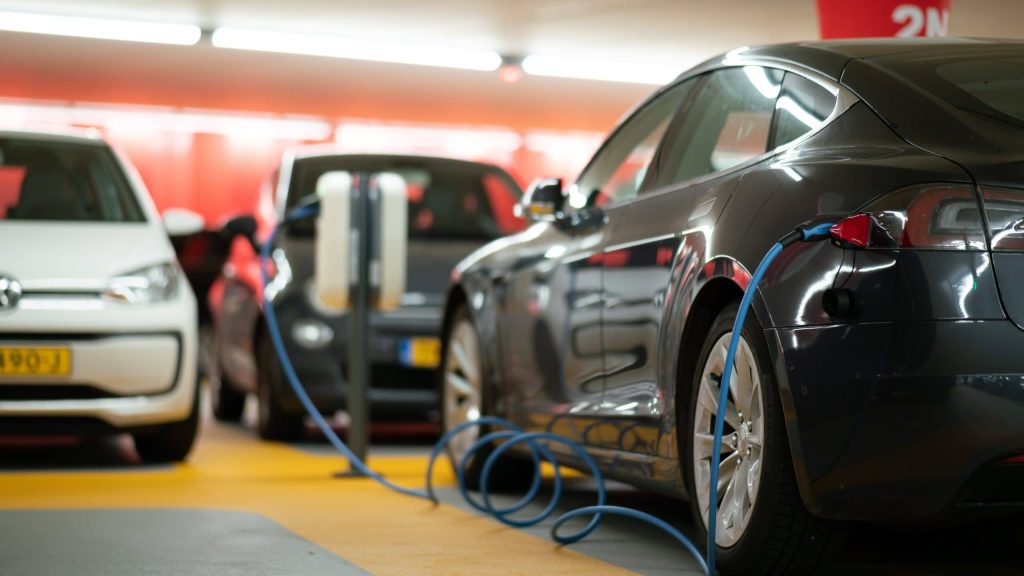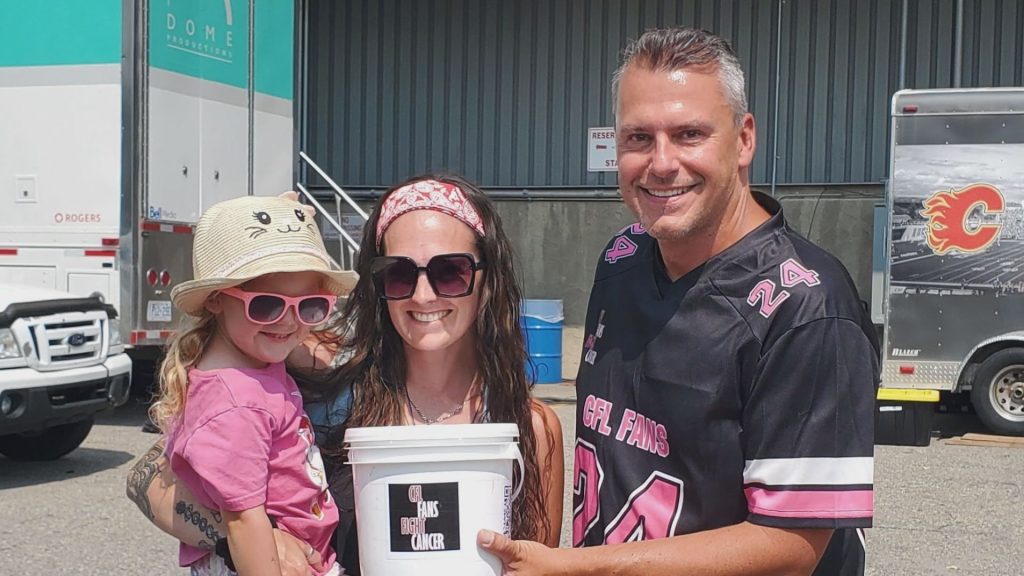Ambassador Bridge border crossing reopened after week-long blockade protesting mandates
Posted February 13, 2022 8:30 am.
Last Updated February 13, 2022 11:25 pm.
The Canada Border Services Agency says the Ambassador Bridge border crossing between Windsor, Ont., and Detroit has reopened.
The crossing — one of the busiest in the country — had been closed for nearly a week by a blockade protesting COVID-19 measures.
The bridge sees hundreds of millions of dollars in imports and exports cross it each day, and politicians on both sides of the border decried the economic impact of the protest.
On Saturday, police in Windsor cleared the remaining protesters that had choked off access to the Ambassador Bridge.
Windsor mayor Drew Dilkens said the “national economic crisis” at the bridge has come to an end.
“I want to offer my sincere thanks to all law enforcement personnel involved for their determined, yet compassionate approach to the occupation,” Dilkens said in a statement released Sunday morning.
Dilkens added that while he believes in the right to freedom of speech and expression, “we are also bound by the rule of law.”
“As Canadians, there is more that unites us, than divides us and we must all find the resolve to approach those who hold different views with tolerance and respect,” he said.
“Illegal acts, blockades and hate speech must not be tolerated and should be denounced.”
Sgt. Steve Betteridge with the Windsor Police Service said roughly a dozen people were arrested, mostly charged with mischief, and a few vehicles were towed, all with no violence involved from protesters or police having to use force.
“That’s been one of our goals from the onset of this entire operation is to be able to have a peaceful solution,” Betteridge told reporters
Betteridge added they hope to have the bridge open “later today.”
Police say there will be a continued law enforcement presence in the area in order to maintain an environment that is safe.
Enforcement will continue in the demonstration area and there will be zero tolerance for illegal activity. The public should avoid the area.
— Windsor Police (@WindsorPolice) February 13, 2022
The blockade at the Ambassador Bridge linking Windsor and Detroit has stemmed the flow of hundreds of millions of dollars in cross border trade, prompting U.S. officials to call on Canadian officials to reopen the crossing.
Ontario Premier Doug Ford praised the police for working throughout the weekend to bring a peaceful end to the “illegal blockade.”
“I will also continue to support Mayor Watson and the Ottawa police in their efforts to bring the occupation in that city to an end,” Ford tweeted. “To those still there, you have been heard and it’s time to go.”
Ford declared a state of emergency Friday that will allow his cabinet to impose $100,000 fines and up to one year in jail as punishments against people who continue to illegally block roads, bridges, and other critical infrastructure.
Prime Minister Justin Trudeau is scheduled to meet again Sunday with ministers and senior officials as part of the Incident Response Group.
They will discuss possible further action to try to end the anti-COVID restriction protests being held across Canada.
Downtown Ottawa was largely quiet early Sunday morning, though trucks and vehicles encamped by Parliament Hill idled amid frigid temperatures.
Residents who have become frustrated with a lack of movement on the situation appeared to lose some of their patience on Sunday and blocked a convoy on its way to join up with demonstrators downtown.
Resident Sean Burgess said the spontaneous counter-protest, organized late Saturday evening, should be a clear signal to federal, provincial and local leaders about ending what Ottawa Mayor Jim Watson has described as an illegal occupation of the capital’s core.
“Ottawa is not the dull city all of Canada thinks, but it’s certainly not a city of people who get out in the street and become activists, particularly spontaneously,” Burgess said by the line of counter-protesters.
“So when you see people in a neighborhood like Old Ottawa South, who would rather complain, and litigate, so to speak, rather than take direct action on the streets, standing in front of trucks saying to the cops, ‘fine, arrest me,’ then you know that something has gone really too far.”








